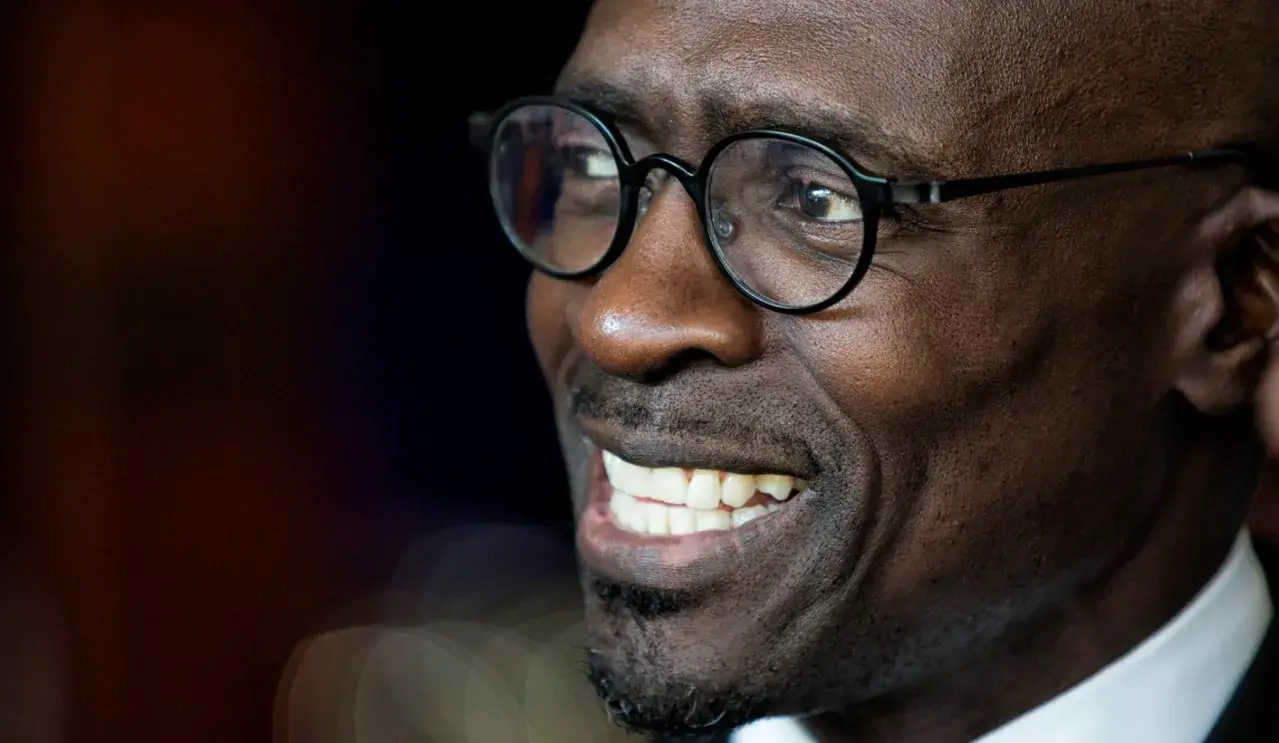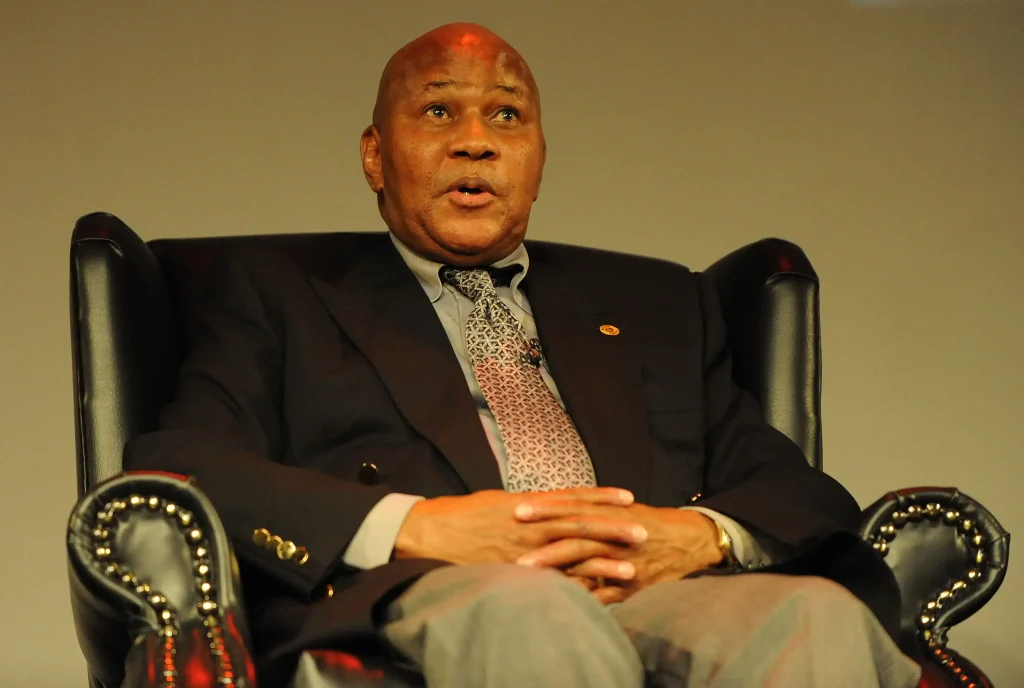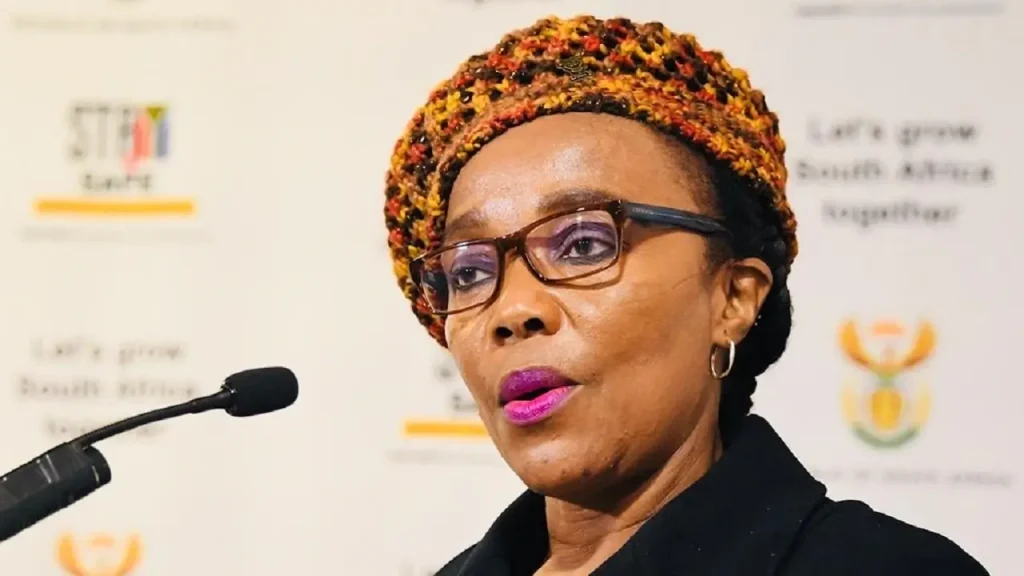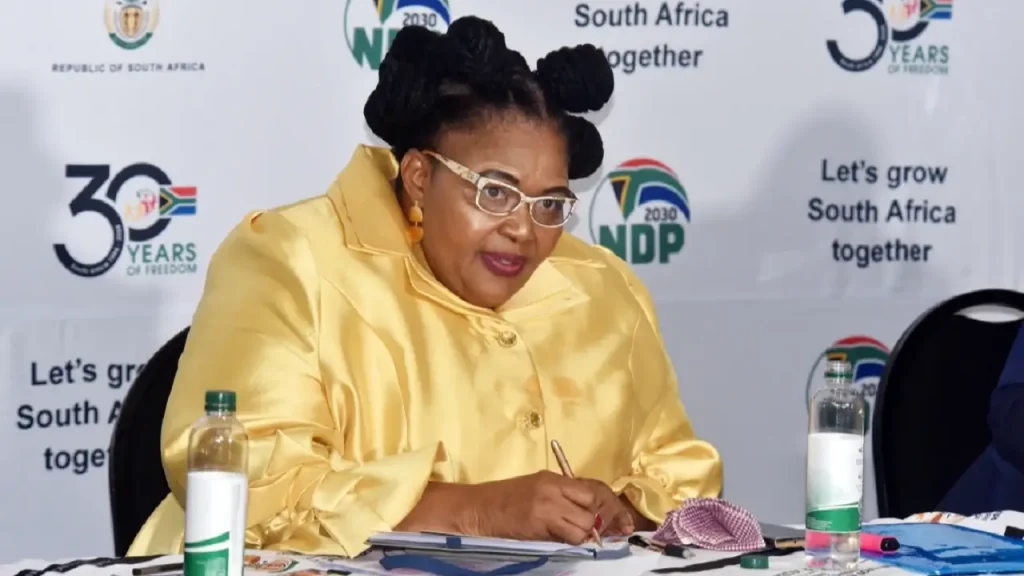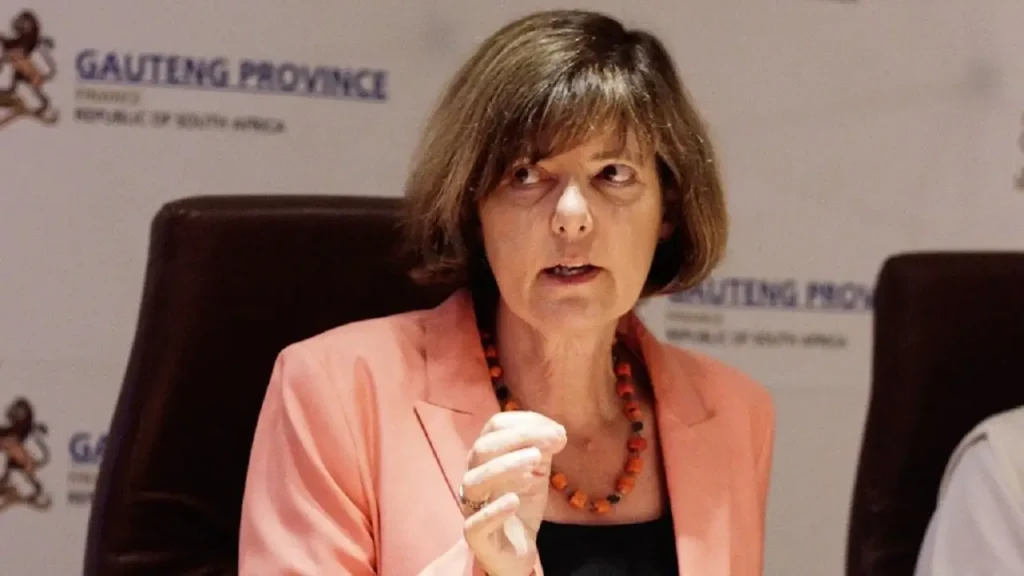Malusi Nkanyezi Gigaba, born on August 30, 1971, is one of South Africa’s most notable and controversial politicians. With a career spanning decades, Gigaba’s influence on the political landscape of the country has been profound. Here are 20 key facts about his life and career:
1. Early Life and Background
Malusi Gigaba was born in the small town of Mandeni, KwaZulu-Natal, to Reverend Jabulani Gigaba and Nomthandazo Gigaba. Raised in a Christian household, his upbringing played a significant role in his values and future endeavors.
2. Educational Background
Gigaba completed his primary education at Mathonsi Primary School, followed by high school at Vryheid State High School. He later earned a Bachelor’s degree in Education from the University of Durban-Westville (now part of the University of KwaZulu-Natal) in 1991.
3. Involvement in Student Activism
Gigaba became an active member of student organizations, such as the Congress of South African Students (COSAS) and the South African Student Congress (SASCO), during his university days. His activism laid the foundation for his future involvement in politics.
4. ANC Youth League Leadership
Gigaba was a prominent leader within the ANC Youth League. He served as its president three times, from 1996 to 2001, shaping the future direction of the organization during a critical time in South Africa’s post-apartheid history.
5. Political Beginnings: Joining the ANC
In 1990, with the unbanning of liberation movements, Gigaba became a member of the ANC Youth League. His membership was the start of a distinguished political career within the ANC, as he aligned himself with its mission for social change.
6. First Elected to Parliament in 1999
Gigaba was first elected to the National Assembly in 1999 as a Member of Parliament for the ANC, marking the beginning of his official political journey.
7. Resignation and Return to Parliament
After briefly resigning in 2001, Gigaba returned to the National Assembly in 2004, continuing his political career and later being appointed to various key positions within the government.
8. Deputy Minister of Home Affairs (2004-2010)
Gigaba was appointed Deputy Minister of Home Affairs in 2004, where he was responsible for overseeing important issues related to immigration and the country’s visa system.
9. Minister of Public Enterprises (2010-2014)
In November 2010, Gigaba was promoted to Minister of Public Enterprises under President Jacob Zuma, playing a significant role in managing South Africa’s state-owned enterprises like Eskom and Transnet.
10. Minister of Home Affairs (2014-2017)
In 2014, he was appointed as Minister of Home Affairs once again by President Zuma, overseeing national immigration policies and improving South Africa’s visa system.
11. Appointed Minister of Finance (2017)
Gigaba’s career took a controversial turn when he was appointed Minister of Finance in March 2017, following the dismissal of Pravin Gordhan. His appointment raised suspicions due to the timing and political context of Zuma’s presidency.
12. Involvement in State Capture Allegations
Gigaba is often associated with the term “state capture,” a reference to the alleged corrupt relationships between former President Zuma, the Gupta family, and various government officials. He has been accused of facilitating these activities during his tenure.
13. Minister of Home Affairs under Ramaphosa (2018)
In February 2018, after the election of President Cyril Ramaphosa, Gigaba was appointed Minister of Home Affairs for a second term, a position he held until November 2018.
14. Resignation Amid Controversy (2018)
Faced with growing political pressure and the fallout from the state capture inquiries, Gigaba resigned from his post as Minister of Home Affairs on November 13, 2018.
15. Resignation as Member of Parliament
Following his resignation from the cabinet, Gigaba also stepped down as a Member of Parliament on November 15, 2018.
16. Controversial Personal Life
Gigaba’s personal life has also attracted significant attention. He was married to Thabong Nxumalo, with whom he had children, but the couple divorced in 2010. He later married Nomachule “Norma” Mngoma in 2014.
17. Affair and Social Media Drama
Gigaba’s affair with his former mistress, Buhle Mkhize, caused a media frenzy. The drama was amplified by social media, where public spats between Mkhize and his wife Norma led to increased scrutiny of Gigaba’s personal affairs.
18. Sexual Video Scandal
In 2018, a video of Gigaba performing a private act was leaked on social media, causing a significant public backlash. Gigaba issued a public apology for the incident.
19. Family and Personal Values
Despite controversies, Gigaba remains a family-oriented individual. His dedication to his children and his current wife, Norma, reflects a more private side of his personality, away from the political spotlight.
20. Role in ANC’s National Executive Committee
Gigaba remains an influential figure within the African National Congress (ANC), serving on the party’s National Executive Committee. This position keeps him involved in key political decisions at the party level.

